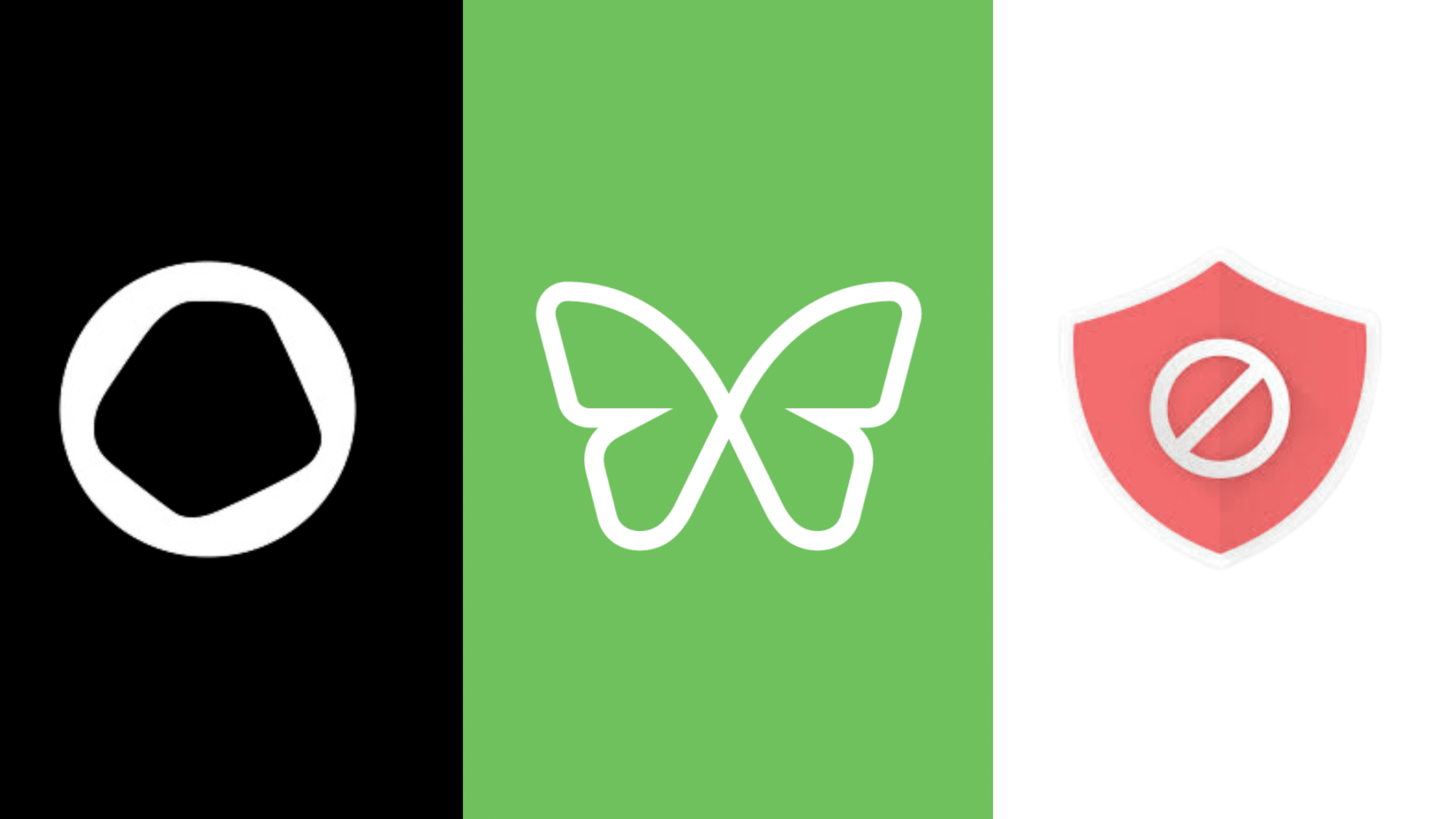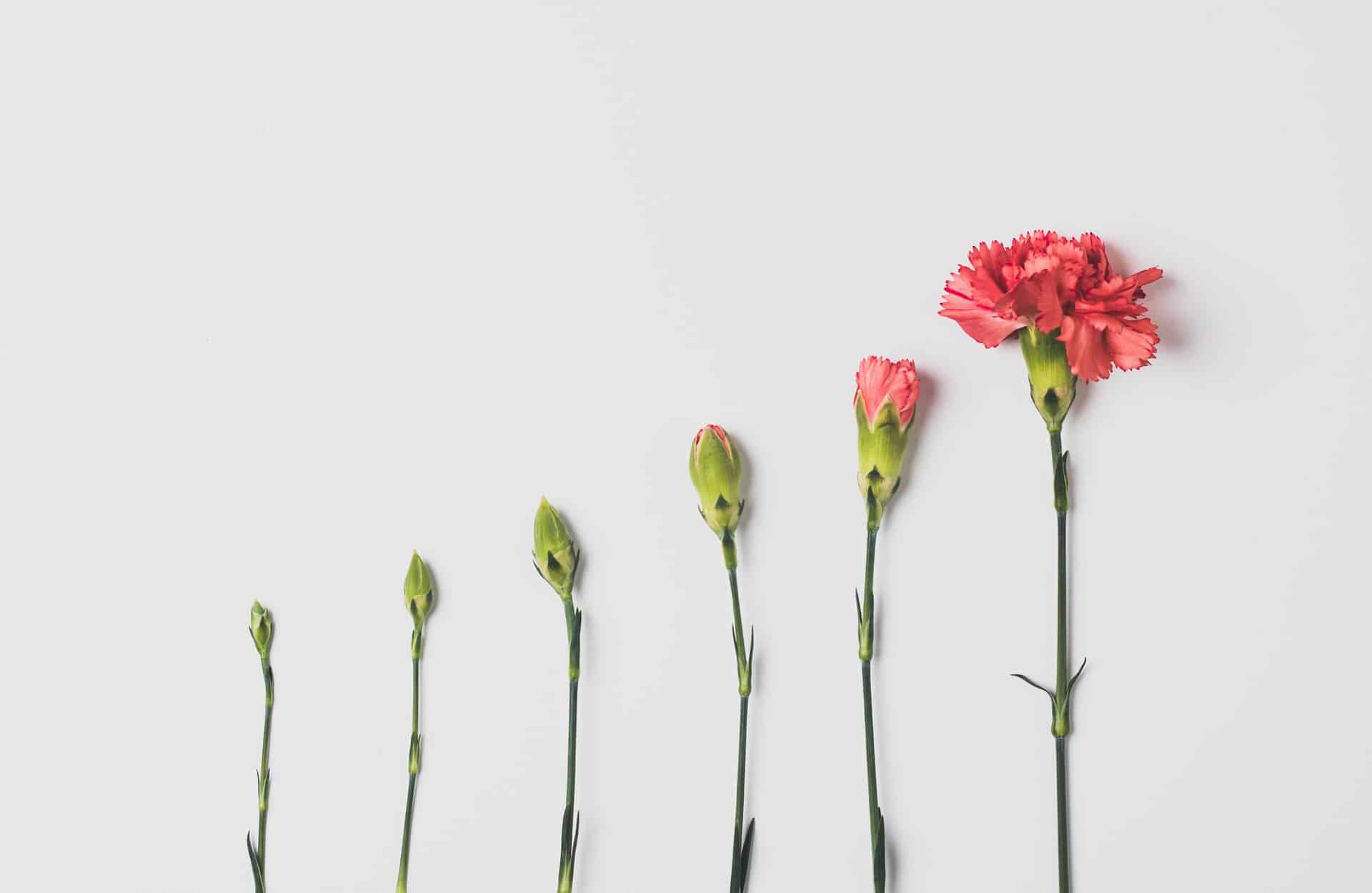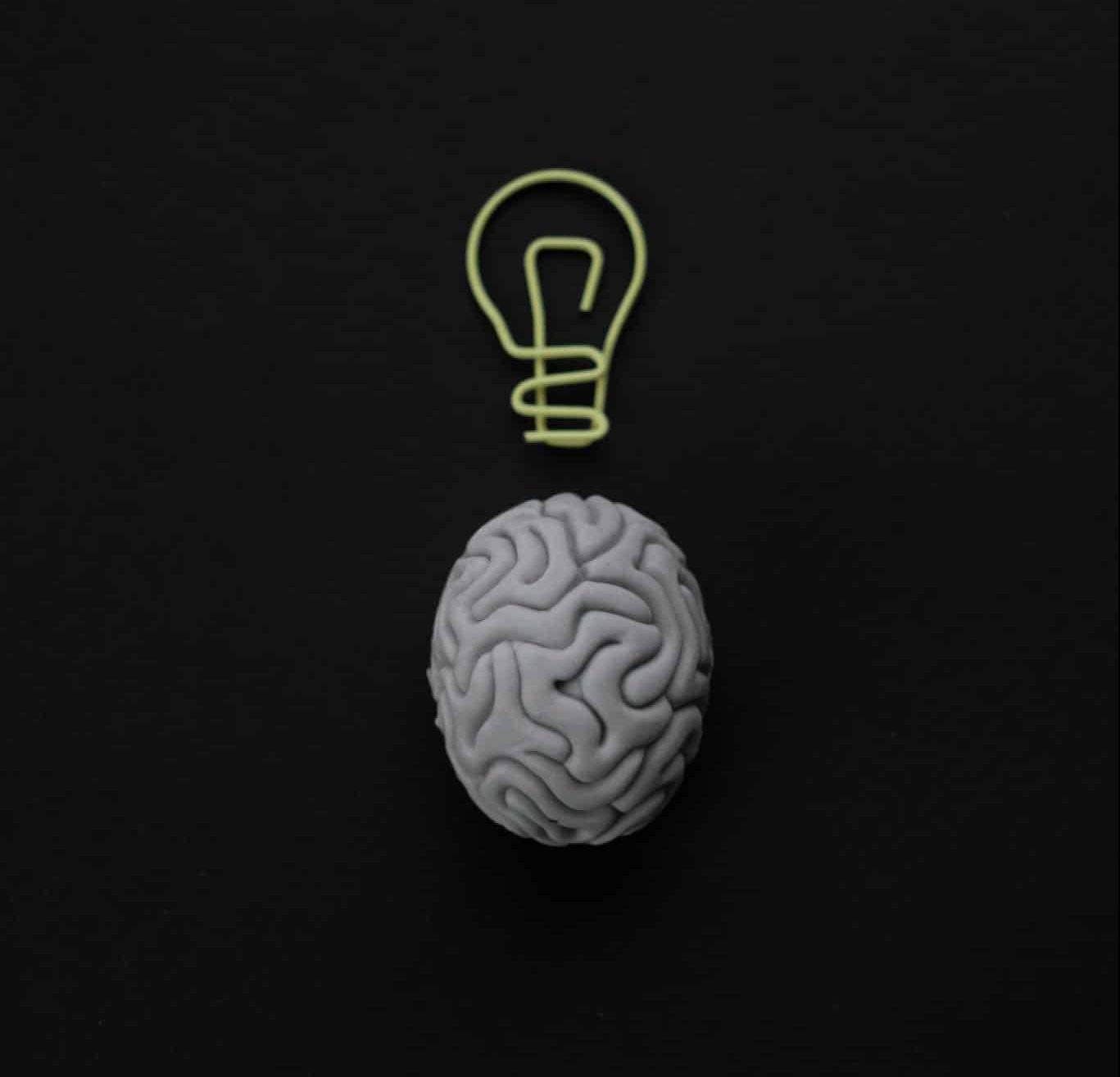Jennifer Rauch – Why Slow Media is Satisfying, Sustainable & Smart

A mindful approach to media consumption can guide us toward deeper, more gratifying daily habits.
Today we recognize that we have a different relationship to media technology–and to information more broadly–than we had even just a few years ago. We are connected to the news media, to our jobs, and to each other, 24 hours a day. But many people have found their mediated lives to be too fast, too digital, too disposable, and too distracted.
So what can we do about it? Well, apart from using Freedom to block the constant stream of digital news, a movement has been gradually building over the past several years – Slow Media. This group–which includes many technologists and young people–believes that current practices of digital media production and consumption are unsustainable, and works to promote alternate ways of living.
Like the other Slow movements such as Slow Food and Slow Travel, it’s about making intentional choices about your consumption – deliberately using media, not letting media use us. It’s an idea we feel strongly aligned with at Freedom since we know that the true cost of distraction is more than just a few lost hours.
As we head into the holiday season and reflect on the past year and our hopes for the upcoming one, we decided to find out more about how we can take a more mindful approach to media, by sitting down with a leading Slow Media expert, Jennifer Rauch.
Meet Jennifer Rauch
Jennifer Rauch is an educator, scholar, and author of Slow Media: Why Slow Means Satisfying, Sustainable & Smart, and Resisting the News: Engaged Audiences, Alternative Media, and Popular Critique of Journalism.
She studies, speaks, and writes about alternative journalism, news audiences, media literacy, and the cultural impacts of new technologies and is an authority on public trust in journalism and deliberate abstention from media use.
Jennifer’s work has appeared in scholarly journals like Communication, Culture & Critique and Media, Culture & Society as well as popular outlets such as the Huffington Post, Medium, Thrive Global, and Urban Audubon.
What inspired you to pursue a career in Journalism?
I’ve always been interested in absolutely everything. Journalism was a great way to apply my curiosity and explore the world as a generalist, to go places and talk to people about what they do and why. I’ve always loved writing, and it came naturally to me. I published my first piece in my high-school literary magazine at age 17 about a study-abroad year I spent in the South of France. I started freelancing as a writer everywhere I could after college. I eventually wanted to spend more time doing research and writing, which put me on the path to being a scholar. I’ve intentionally slowed down over the course of my career, seeking semesterly and annual deadlines instead of daily and weekly ones.
I started realizing the extent to which living digitally disconnects and estranges us from physical habitats, local communities, and natural environments.
When did you first realize that your relationship with digital media needed to be examined?
I started to question the wisdom of being “always on” around 2009. One “a-ha moment” was visiting a museum exhibit of Edward Gorey, the macabre illustrator. I wrote about that experience in my Slow Media blog, The Ministry of Melancholic Nostalgia for Thing-ness. Gorey had a terrific correspondence with his mother, sending her long handwritten letters with beautiful images drawn on the envelopes. My parents used to keep a shoe box under their bed of handwritten letters from me when I lived in China in the 1990s, which they would occasionally pull out to read. I doubt they ever did that later with emails that I sent from abroad!
That was one of many dominoes that helped me realize all the analog, material habits that fell by the wayside when I started spending more time online. I started realizing the extent to which living digitally disconnects and estranges us from physical habitats, local communities, and natural environments, which has incredible implications for our economies and ecologies, even our own minds and bodies.
Can you explain the concept of Slow Media in a nutshell?
The gist of Slow Media is that we benefit as individuals and as a society when we slow down (or even stop) some of our media use. It might mean making or consuming digital media more slowly, making or consuming more analog media, or using less media overall. There are countless ways of doing this, which my book Slow Media explains. Basically, we can trade indirect, mediated activities for more direct, unmediated ones. The aim is more quality and less quantity in our lived experiences. Slow Media philosophy guides us toward daily habits that are deeper, more mindful, and more gratifying.
Slow Media philosophy guides us toward daily habits that are deeper, more mindful, and more gratifying.
Many journalists feel pressure to maintain an online presence –specifically on Twitter, which has been described as the most toxic place on the internet! How do you find a balance between being connected and overwhelmed?
Journalism is a job that requires many of us to spend more time than the general public does on Twitter and other social media platforms. Sometimes this is just a perception, but it’s often the reality! Research shows that journalists spend more time on Twitter than non-journalists do. Maybe this is why journalists and other media creators, along with tech workers, have been at the forefront of criticizing the “always-on” lifestyle. They know how the sausage is made because they make it! There’s a saying in the tech world, “don’t get high on your own supply.”
There is no magic or one-size-fits-all solution to this problem. Media use is really idiosyncratic. The only thing we can do is carve out times and spaces away from media use however it works for our individual lives.
Yet we do need to question the assumption that we need to be on Twitter or other social media as much as we are. Let’s be attentive to what we objectively get out of being on these platforms. Is it benefiting us as much as we think? Also, let’s be alert to the benefits of staying off social media for, say, a day or even a week. What did we really miss? Was our FOMO perhaps unfounded? Maybe we can recognize the Joy Of Missing Out (JOMO) instead.
How do you take a break from the internet and “fast” media?
I’ve made long-term decisions to create a life where I can use media more slowly. For one, I consciously pursued a slightly slower profession. I could earn significantly more working in a PR firm or media company than I do in higher education, but at what price to my peace of mind?
We have to train ourselves not to treat our smartphones like appendages. I don’t carry mine everywhere with me or even know where it is all of the time. Yes, this can be inconvenient. Sometimes I need my phone and don’t have it — to contact someone, access concert or movie tickets, or pay for parking meters. If you keep perspective, convenience might not be the end-all, be-all. The Dead Kennedys mocked this American predisposition in one of their album titles: “Give Me Convenience or Give Me Death.” Hyperbolic perhaps, but it makes a point!
Are there any tools or techniques you can recommend to people who would like to remove themselves from the online world?
Holidays are a great opportunity to break routines and develop new habits. Make plans to spend time offline with friends and family – go for a hike, play sports, pull out a deck of cards, or a board game. Many communities, like orthodox Jews, have an easier time abstaining from tech for a Sabbath because they’re doing it collectively. The rest of us can learn from this.
Spending time in nature has so many mental and physical benefits. If you’re not one of the people who has taken up the birding trend yet, give it a try. It turns walking in the woods or your neighborhood into a game: How many birds can you see and hear? Do you know what kind they are?
Our consumer, commercial culture pressures us to spend time online in so many ways. It helps to find some counterweights: like-minded people who remind you that balancing online and offline is important. I’ve been enjoying the Freedom Matters podcast for this reason. It features conversations with super interesting and insightful people about how to manage digital time, find intrinsic motivation and use media more intentionally.
What is something everyone should know about how the media can impact our lives?
I talked to a friend recently about e-mail or screen apnea, the state of heightened suspense you’re in when clicking on devices, and wondering what will pop up next. Some experts compare using a smartphone to playing a slot machine. You hold your breath a lot, which reinforces a sense of anxiety. You’re literally waiting “with bated breath.” When I told my friend about this, I could hear the light bulb going off in her head.
Digital media use affects us at deep physiological and psychological levels. That old hippie mantra “Be Here Now” is helpful. Take a moment right now to inhale deeply, and exhale fully. Feel the breath in your body and feel your body in space and time. Just breathing is a great way to resist getting sucked into your device. It’s free, and you can do it anywhere.
What advice would you give to someone who wants to consume media more mindfully?
A lot of people assume important news will magically find them, which is not the case at all. We need to consciously seek out credible sources. Usually, less is more, and faster is rarely better. The pandemic was the rare example of news that we really needed to know now and not later. Perhaps this sounds strange coming from a journalism professor!
I like to use food metaphors, as you’ve probably noticed. One is that we need to eat more vegetables and enjoy junk food in moderation. There is healthy news that also tastes good. A good example is the UK magazine Delayed Gratification, which comes out quarterly with a retrospective look at the previous three months. You would be amazed at how many things your “news net” misses, even if you’re a news junkie. The magazine is also beautifully designed and justly famous for its infographics. It’s published by a group called The Slow Journalism Company, which practices what it preaches.
We do need to question the assumption that we need to be on Twitter or other social media as much as we are. Let’s be attentive to what we objectively get out of being on these platforms. Is it benefiting us as much as we think?
Since publishing Slow Media in 2018 the world has changed in unimaginable ways. How have your views on news and media developed in this time?
The main development since 2018 was undoubtedly the global pandemic that helped re-sensitize us to physical environments. The shutdowns were a fascinating experiment – a chance to rebalance our attention between real-life and virtual activities. Lots of people were simultaneously more engaged with digital media like Zoom and more aware of the drawbacks of digital mediation, like for socializing and education. Some of us learned from that experience and formed new habits that stuck. It’s surprising how quickly some people have tried to memory-hole the past two years and just go back to business as usual.
How do you imagine the future of journalism? Is it the future you would like to see?
The future of journalism is nonprofit. So is the present of journalism, for the most part. News organizations have been relying less on subscriptions in their revenue mix, and more on other streams, such as selling event tickets, merchandise, or in some unfortunate cases selling off real estate and other assets.
The ironic thing is: From a journalist’s perspective, there has probably never been a better time to do journalism if you set aside the financial questions. We have amazing new tools for collecting and analyzing and displaying and sharing information. The philosophy of most journalists has shifted lately, too, toward community collaboration and engagement, which is an important change in historic terms. Journalists are more likely to think of their work not as a one-way lecture at their audiences but as a two-way conversation with them.
The trick now is finding new ways to finance quote-unquote “real journalism” outside of large, legacy organizations like the New York Times, Washington Post, and The New Yorker, who have deep enough pockets to let reporters work for many months on a story. Nonprofit organizations like ProPublica play an incredibly important role. We need more of these. I’d like to see some kind of collective action like taxpayer credits or subsidies to support noncommercial, nonprofit, public-service journalism. That would give our news system a big boost if it were done right.
Meanwhile, all of us need to know what real journalism is when we see it, place more trust in it, and support it financially when we can.

To learn more about Jennifer and her work, visit her website or find her on Facebook, LinkedIn, and Twitter.



